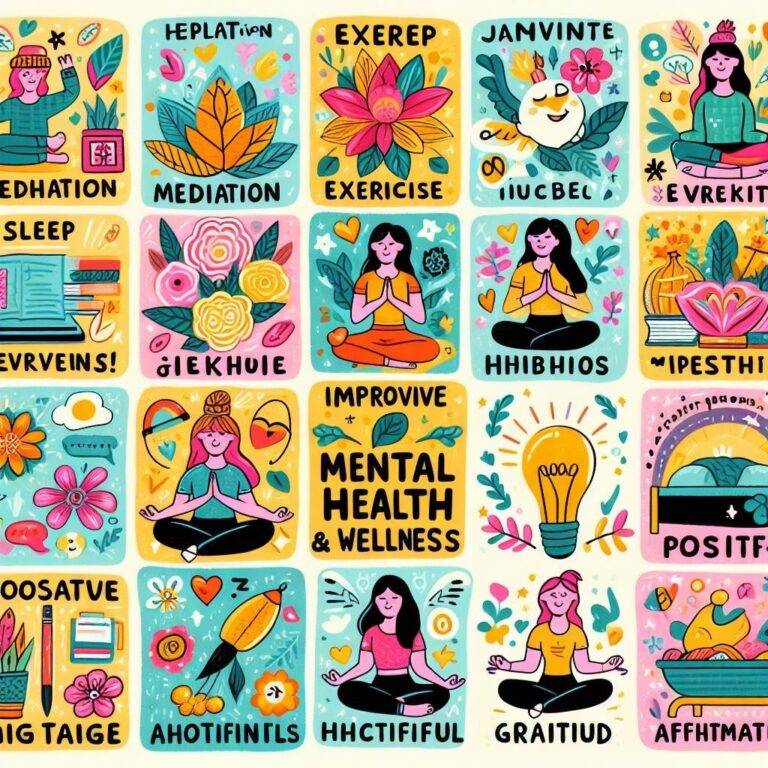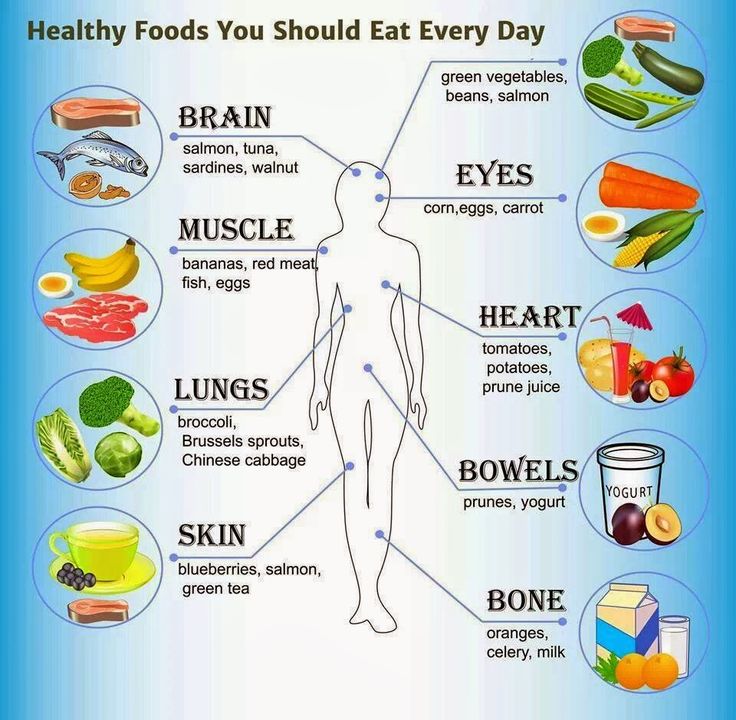Embark on a journey to explore the essential mental wellness tips for high-performance lifestyles. Dive into the world of strategies and techniques that can elevate your productivity and well-being in today’s fast-paced environment.
Mental Wellness Importance

Having good mental wellness is crucial for individuals leading high-performance lifestyles. It not only affects their overall well-being but also plays a significant role in their productivity and success.
Impact on Productivity and Success
Mental wellness directly impacts an individual’s ability to focus, make decisions, and handle stress effectively. When someone neglects their mental health, it can lead to decreased productivity, poor performance, and eventually burnout.
- High levels of stress and anxiety can impair cognitive function, making it harder to concentrate and make sound judgments.
- Untreated mental health issues such as depression can result in decreased motivation, energy, and overall performance.
- Ignoring the signs of burnout, such as chronic fatigue and emotional exhaustion, can lead to long-term negative consequences on both personal and professional levels.
Strategies for Mental Wellness
Maintaining mental wellness in high-pressure environments is crucial for overall well-being. Here are some strategies to help you navigate these challenges effectively.
Mindfulness Techniques
- Practice deep breathing exercises to center yourself and reduce stress levels.
- Engage in meditation to calm the mind and increase focus.
- Bring awareness to the present moment by focusing on your senses and surroundings.
Setting Boundaries
- Learn to say no to tasks or responsibilities that overwhelm you.
- Establish clear boundaries between work and personal life to prevent burnout.
- Communicate your needs to others and prioritize self-care without feeling guilty.
Physical Health and Mental Wellness

Physical health and mental wellness are closely interconnected. The state of our physical health can significantly impact our mental well-being, and vice versa. When we take care of our bodies, we are also supporting our mental health.
Exercise and Nutrition for Mental Well-being
Regular exercise is not only beneficial for our physical health but also plays a crucial role in supporting our mental well-being. Physical activity helps reduce stress, anxiety, and depression by releasing endorphins, also known as the “feel-good” hormones. In addition, exercise can improve our mood, boost self-esteem, and enhance cognitive function.Proper nutrition is equally important for maintaining good mental health.
Eating a balanced diet rich in fruits, vegetables, whole grains, lean proteins, and healthy fats provides essential nutrients that support brain function and overall well-being. Nutrient deficiencies can negatively impact our mood, energy levels, and cognitive abilities.
Examples of Physical Activities for Mental Health
Yoga
Combining physical postures, breathing exercises, and meditation, yoga promotes relaxation, reduces stress, and improves mental clarity.
Running or Jogging
Aerobic exercises like running or jogging help release endorphins, alleviate anxiety, and enhance mood.
Dancing
Dancing is a fun way to stay active, boost self-confidence, and relieve stress through rhythmic movements and music.
Swimming
Swimming is a low-impact exercise that can reduce symptoms of depression, improve sleep quality, and increase overall well-being.
Stress Management Techniques

When living a high-performance lifestyle, stress management becomes crucial for maintaining overall well-being. Effective stress management techniques can help individuals navigate challenges and maintain peak performance levels. It is essential to prioritize relaxation and self-care practices to reduce stress and prevent burnout.
Incorporating mindfulness into daily routines can also play a significant role in managing stress levels effectively.
Prioritizing Relaxation and Self-Care
- Engage in activities that promote relaxation, such as meditation, yoga, or deep breathing exercises.
- Set boundaries to ensure work-life balance and allocate time for rest and rejuvenation.
- Practice self-care activities like taking a warm bath, going for a walk in nature, or indulging in hobbies that bring joy.
Incorporating Mindfulness into Daily Routine
- Start the day with a mindful practice such as journaling, gratitude exercises, or mindful breathing.
- Stay present and focused on the task at hand, avoiding multitasking and distractions.
- Take short breaks throughout the day to check in with your thoughts and emotions, practicing self-awareness.
Last Recap
In conclusion, prioritizing mental wellness is key to achieving success in high-performance lifestyles. By implementing the strategies discussed, you can enhance your overall quality of life and reach new heights of performance.
Questions Often Asked
How does mental wellness impact productivity?
Maintaining good mental health enhances focus, creativity, and problem-solving abilities, leading to increased productivity.
What are some effective stress management techniques?
Practicing deep breathing, engaging in physical activity, and setting aside time for relaxation are all effective ways to manage stress.
Can exercise improve mental well-being?
Yes, regular exercise releases endorphins, which are known to boost mood and reduce symptoms of anxiety and depression.









